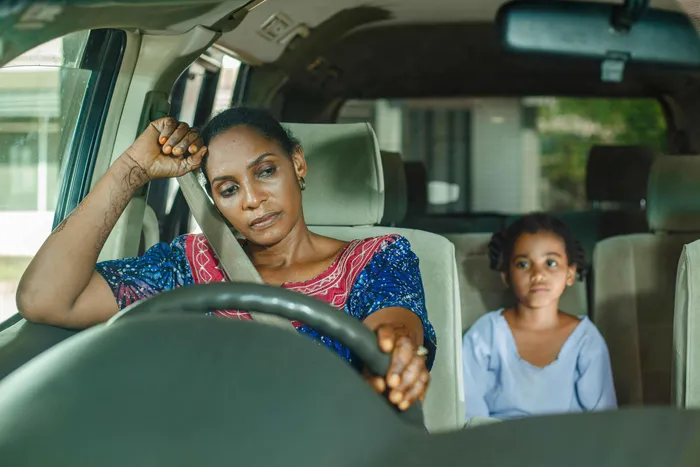Stop asking ‘How was school?’: 7 Questions that get children to talk about their day

These 7 questions encourage meaningful dialogue and help your children share their experiences at school.
Image: Unsplash
Every afternoon, I pick up my daughters from school and, like clockwork, ask: “So, how was school today?” And the predictable one-word answer - “Good.”
For years, I wondered why this question never sparked a conversation. It wasn’t until a chat with a friend’s 25-year-old daughter that I realised I’d been asking the wrong thing all along. “It always felt too impersonal,” she told me. “Try asking ‘How are you?’ instead - it’s about me, not just school.”
That small change opened the door to more honest, thoughtful conversations with my daughters.
Suddenly, I was hearing about playground triumphs, classroom dramas, and the little moments that made up their day. And it turns out, child psychologists agree - the secret lies in asking more meaningful questions.
Experts say that open-ended, reflective questions help children build emotional awareness, empathy, and problem-solving skills. They also strengthen the parent-child bond and encourage kids to think critically about their experiences rather than simply rushing through their day.
Here are seven conversation-starters that go far beyond the standard “How was school?” that actually get your children talking.
1. “What was the best part of your day?”
This question trains children to focus on positives and fosters gratitude which are key for developing resilience and emotional well-being. Share something from your own day too: “The best part of my day was going for a walk at lunch. What about you?”
2. “What’s a mistake you learned from today?”
By normalising mistakes, you help children see that errors are opportunities for growth. Ask gently, without judgement: “Did anything happen today that you’d do differently next time?”
3. “Who were you proud of today?”
This shifts focus from themselves to others, encouraging empathy and self-reflection. You might learn about a classmate who showed kindness or effort.
4. “What’s one thing that would have made today better?”
This question invites reflection without dwelling on negativity. Try a playful twist: “If you had a magic wand, what would you change about today?”
5. “Who did you help today?”
Encouraging children to notice their acts of kindness nurtures prosocial behaviour. Even small gestures, like helping a teacher, can boost their sense of contribution and confidence.
6. “What was the most interesting thing you learned today?”
Instead of focusing on grades, this celebrates curiosity. If your child shares something quirky or unexpected, dig deeper — curiosity is the spark of lifelong learning.
7. “What’s something new you’d like to try?”
This encourages courage and exploration. Children who are shy about new experiences may respond better when they know it’s just a “try-it-once” option rather than a commitment.
I have found that replacing “How was school today?” with questions like these doesn’t just make conversations livelier, it deepens your connection with your child.
You’ll not only learn more about their day but also about who they are becoming.
IOL Lifestyle
Related Topics: